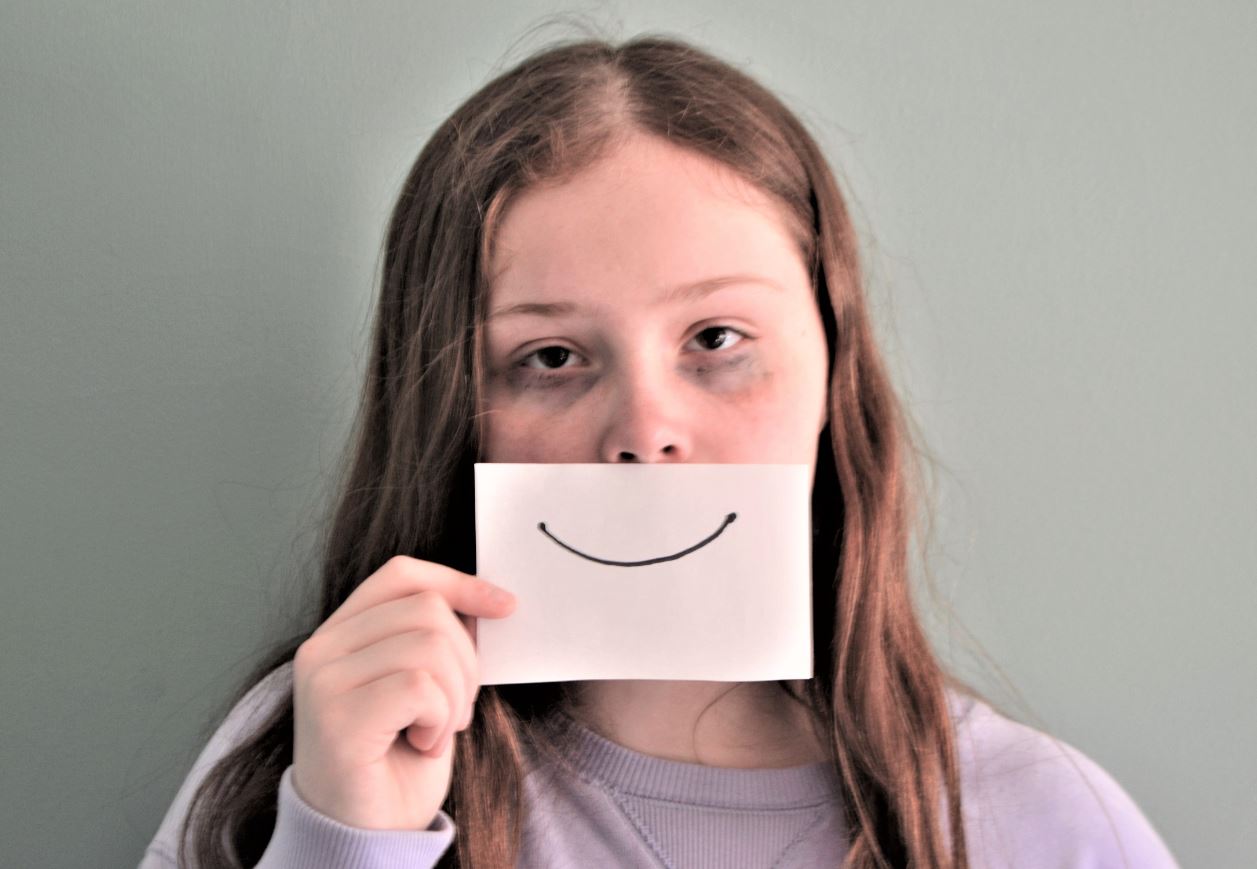There’s a lot that we hide under the guise of a smile – sadness, sorrow, stress and grief. But as long as we talk it out and learn to deal with these feelings and emotions, we’re most likely to be able to move forward in life. However, when we choose to suppress our feelings and refuse to talk about them, we may cause a lot of damage to our mental health. That’s what something like a ‘smiling depression’ can do to us. Smiling depression refers to when people mask their depression behind a smile. Usually, when we imagine a depressed person, we think of someone who looks tired, disinterested in life and seems withdrawn.
However, smiling depression is a form of depression in which a person appears to be happy but is suffering from the inside. While it is not recognized as a medical condition, it is said to be dangerous, given that symptoms are not always visible.
Know the dangers of smiling depression in teens
According to Newport Academy, the biggest danger of smiling depression is that it can go unnoticed and therefore untreated. “Because smiling depression doesn’t fit the stereotypes most people have about depression, family members and close friends often fail to notice what’s going on. Teens can seem cheerful, optimistic, successful, and high energy even while living with depression that may be quite severe,” the mental health portal explains.
It also adds that without treatment, teens with this type of depression may have a higher likelihood of self-harm and death by suicide. While smiling depression may not have noticeable symptoms, there are certain physical and behavioural changes you can watch out for in teens. These include:
– Loss or changes in appetite
– Sleeping too much or too less even during day time
– Frequent headaches
– Irritability and restlessness
These symptoms are often similar to classic symptoms of depression. However, you should also be aware of other noticeable signs of depression.
– Sadness and hopelessness
– Low self-confidence and self-worth
– Mood swings
– Anxiety
– Difficulty concentrating and indecisiveness
– Suicidal thoughts
What people with smiling depression struggle with
– Feeling responsible for other people’s feelings and one’s own
– Living in denial or rejecting one’s emotions
– Conflicting feelings – attempting to appear happy outside but not really being content
– Inability to or difficulty in expressing
Given that smiling depression is deceptive, people suffering from it may look like they’re having a blast, but actually, they’re dealing with negative feelings and emotions.
What parents can do to help
Teens with smiling depression require a strong support system. They need people who do not judge or criticize them and provide guidance when they need it the most. As parents, you need to be patient and understanding. You must leave communications open so your children can reach out to you whenever they feel vulnerable. As long as you keep conversations going, you’re likely to know all that is going on in your teen’s mind.
Having said that, build an environment that promises trust and loyalty. You must teach your child to be self-reliant and confident while letting them know you’re there to provide a helping hand.

